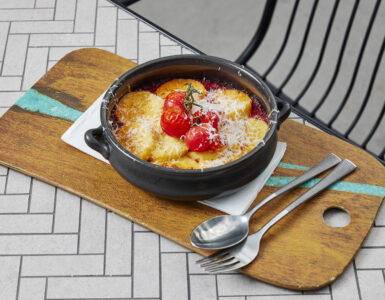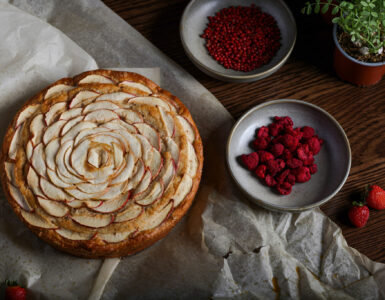Resuscitate your pallid complexion with these easy tips and treatments brought to you by The Star’s beauty guru Lauren Boyd.
Changes in your day-to-day routine can have a huge effect on the way your skin reacts. Environmental factors such as heating, the sun, pollution and dry weather can make a difference to your complexion but so can internal factors – such as how much water you drink. If you’ve been spending lots of time in isolation cosied up by the heater munching on junk food, then it’s likely your skin will be going haywire. “What we see in our skin is often a reflection of what is happening on the inside,” says Lauren Boyd, resort retail and spa manager for The Star. “The skin is our largest living organ and it’s important that we nourish it accordingly.”
Now that restrictions are easing, and people are emerging from their home-caves, it’s time to revive your dull and blemish-ridden skin back to its original state of brilliance.
Boost and restore to pre-iso glory
Revive your dull skin by assessing your exfoliation routine. “The dryness that occurs during the winter months can often be combated by stepping up your exfoliation game – pretty much everyone can benefit from a granular physical exfoliant 1–2 times per week,” says Lauren. If granular exfoliation doesn’t work for your skin (or you want to experiment a little) try acid exfoliants with AHAs and BHAs – which are great for sensitive skin types. If you’re suffering from more breakouts than usual, Lauren suggests using a kaolin clay mask once a week and using a spot-treatment (such as tea tree) to fight the acne.

Focus on your night-time routine
To kick-start your skin into recovery mode Lauren suggests a nightly treatment that will intensely hydrate your face. Start with a double cleanse at the end of the day to ensure you’ve removed all makeup, excess oil and daily grime. “Once your skin is completely clean, reach for the serum. My current saviour for plump, hydrated skin is the Babor Collagen Booster Ampoule Concentrates,” says Lauren.
Allow the serum to completely soak in before reaching for your moisturiser. “Don’t forget your once weekly exfoliation step, I like to do mine on a Sunday night before the start of a new week.”
Abide by these three skin commandments
Hands off that pimple. Even though it’s so tempting to squeeze, picking at your pimples will only make them worse. “Many of us don’t realise but picking and squeezing blemishes can cause the bacteria to spread (ever notice the zit that pops up right next door?),” says Lauren.
Stop the self-diagnosis. Dr internet won’t be able to help you fix your skin woes. “In a world dominated by social media influencers and fad product trends, it is easy to see why so many of us jump online to seek help,” says Lauren. “If you are suffering from a skin condition, or simply want to improve your skin health, seek out a qualified skin therapist. You won’t regret it, and your wallet will thank you for it.”
Nourish your body as well as your skin. Stay hydrated by drinking lots of water – yes, even in winter – and make sure you’re getting regular exercise. Be mindful of what you’re eating and make sure it’s packed with nutrients.
Strip it back: the only three products you need
A trusty cleanser is an absolute staple item in your beauty arsenal. Using water alone to clean your skin simply doesn’t cut it, says Lauren. Finding a cleanser that suits your skin and removes makeup, dirt, sweat, excess oil and unwanted bacteria is key to a healthy complexion – and skin that loves you back.
It may sound basic,” says Lauren, “but a moisturiser can be your skin’s best friend”. Often thought as merely a remedy for dry skin, moisturiser is a proactive way to avoid dryness and protect the skin – from harmful pollutants, environmental factors and bacteria.
Pop a tube of sunscreen in your bag, car glovebox and bathroom sink to ensure you never go a minute without skin protection. “Aside from protecting our skin from harmful UV rays, a good SPF is the key to combat premature ageing,” says Lauren. Making sure your moisturiser and foundation include an SPF is important as a base level minimum – but sunscreen is best!






